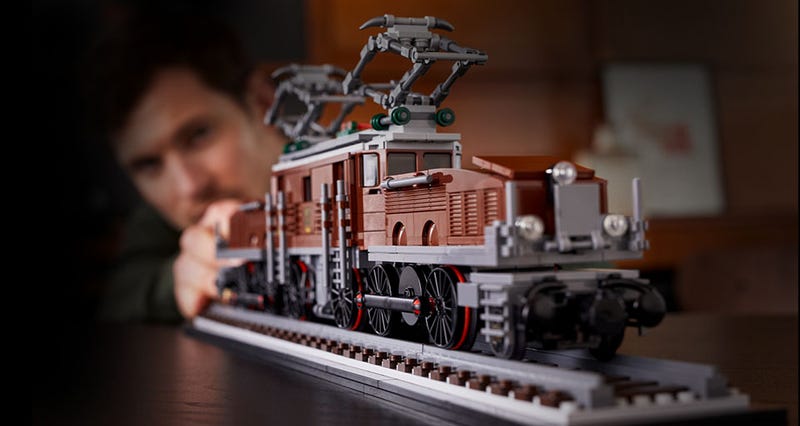How we made Manchester United’s Old Trafford out of LEGO® bricks
February 2020. AKA ‘The Calm Before the Storm’. Amidst our innocently misplaced optimism about the new year ahead, we released our first set of a real-life sports stadium – Manchester United’s Old Trafford.
It was designed by Michael Psiaki, one of our Design Masters (yes, that’s his actual title…). Michael spoke with us for our Brick Expander series on Adults Welcome, where we get behind-the-scenes insights from the designers of the most impressive LEGO® sets.
Whether you’re a Mancunian, Madrileños, Londoner… or even a Liverpudlian… we think you’ll enjoy learning more about the design process of this model.
Let’s kick off with the basics – who are you?
Hi! I’m Michael Psiaki and I’ve been working in Product Development for over eight years.

